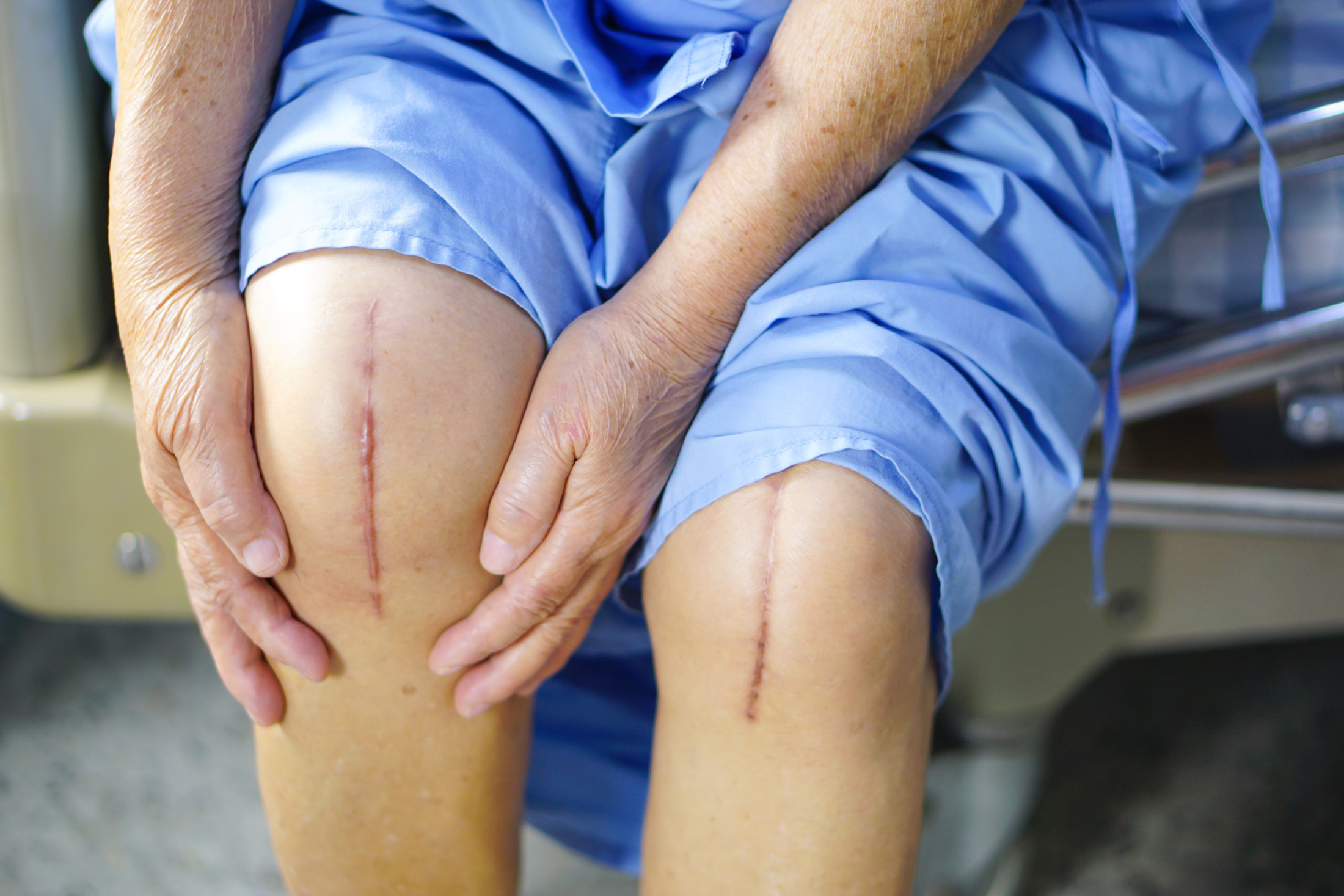
27 Mar Dos and Don’ts for Scar Prevention
Posted at 16:09h
in Heath Tips
Most people want to avoid scars because they can be unsightly and cause self-consciousness. Scars form after the healing process because the new collagen made to fill in the wound is not the same texture as the surrounding skin. How you care for a wound can minimize or even prevent scarring. Here are some dos and don’ts for scar prevention.
Do Keep the Wound Clean
It’s important to keep an active wound clean to prevent infection. Use soap and water or a mild cleanser. Avoid using hydrogen peroxide or alcohol, which can slow healing. Gently pat the area dry with a clean towel.
Don’t Wait Too Long to Get Stitches
If you have a deep cut, it’s important to get stitches as soon as possible. Stitches help hold the skin together so it can heal properly and with minimal scarring. The longer you wait, the greater the risk of infection and scarring.
Do Keep the Wound Moist
A moist wound heals faster than a dry one and is less likely to form a scar. You can use an over-the-counter product like petroleum jelly or silicone gel sheeting to keep the area moist. Be sure to follow your doctor’s instructions on how often to apply these products.
Don’t Pick at the Wound
Picking at a scab can reopen the wound and delay healing. It also increases your risk of infection and scarring. If you can’t resist picking, try covering the area with a Band-Aid or adhesive bandage.
Do Use a Wound Dressing
A dressing protects the wound from bacteria and keeps it moist so it can heal properly. Your doctor will recommend the best type of dressing for your wound. Be sure to change the dressing according to your doctor’s instructions or when it becomes wet or dirty.
Do Use Silicone Scar Sheets
Silicone scar sheets are thin sheets that you place over a scar to help soften, flatten, and fade it. They may also help relieve itching and pain associated with scars. You can find silicone scar sheets at most drugstores or online retailers. Be sure to follow your doctor’s instructions on how often to use them.
Don’t Overexert the Area
If you have a surgical incision, it’s important not to overexert yourself so you don’t reopened the wound or put too much stress on your stitches, which could cause them to tear out prematurely. Follow your doctor’s activity restrictions until your incision has healed completely.
Do Be Wary of Scar Creams & Topical Products
There are many topical creams, gels, and ointments that claim to reduce scars but there is little scientific evidence that these products work . If you want to try one of these products, do some research online and talk to your doctor first .
There are many topical creams, gels, and ointments that claim to reduce scars but there is little scientific evidence that these products work . If you want to try one of these products, do some research online and talk to your doctor first .
Don’t Skip Sun Protection
Scars are more likely to form if they’re exposed to sunlight. To protect your scars from sun damage, apply sunscreen with an SPF of 30 or higher every day . Be sure to reapply sunscreen every two hours, especially if you’re sweating or swimming. You may also want to wear protective clothing, such as long sleeves, pants, and a hat when you know you’ll be spending time outdoors.
Scars are more likely to form if they’re exposed to sunlight. To protect your scars from sun damage, apply sunscreen with an SPF of 30 or higher every day . Be sure to reapply sunscreen every two hours, especially if you’re sweating or swimming. You may also want to wear protective clothing, such as long sleeves, pants, and a hat when you know you’ll be spending time outdoors.
Do have realistic Expectations
Most scars will fade over time but they will never disappear completely. Don’t expect perfection when it comes to preventing and healing scars—even if you do everything right, there’s still a chance that a scar may form. Just do your best to care for your wounds properly so you can minimize their appearance.
Most scars will fade over time but they will never disappear completely. Don’t expect perfection when it comes to preventing and healing scars—even if you do everything right, there’s still a chance that a scar may form. Just do your best to care for your wounds properly so you can minimize their appearance.
While there’s no guaranteed way to prevent scars altogether, there are steps you can take during the healing process to minimize their appearance. By keeping wounds clean, moisturized, and protected from sunlight, you’ll be giving yourself the best possible chance for minimal scarring. And remember—even if a scar does form, it’s not going end of the world! Embrace your battle wounds and wear them with pride!

